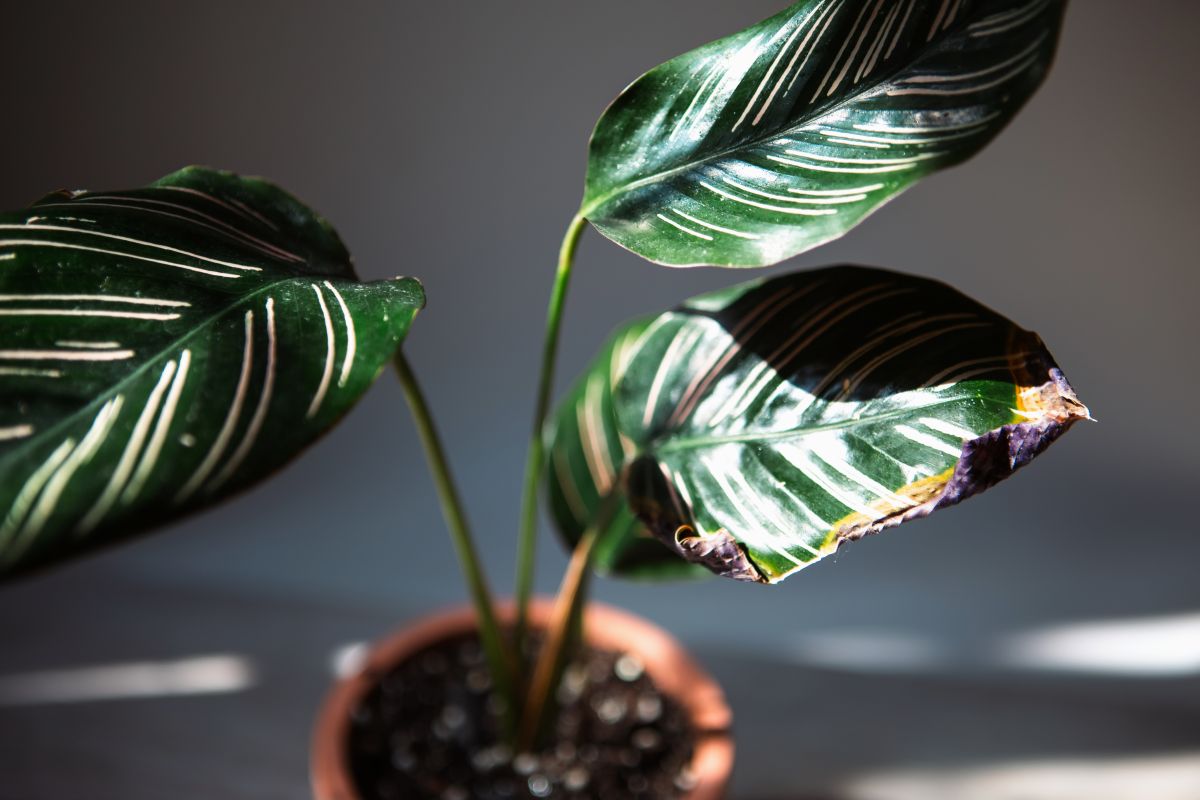Every orchid flowering plant needs water to survive; it is what allows it to thrive in its environment. Orchids, both epiphytic and terrestrial, are known for their rapid growth in temperate regions.

It is grown in a wide range of sizes, shapes, and colors. As epiphytic plants, most orchids tend to grow on tree bark and other surfaces. They use their aerial roots to attach themselves to their host and also draw nutrients from the surrounding air. Epiphytic orchids are mostly found in tropical rainforests where there is plenty of rainfall.
Watering orchids is critical for their growth. Overwatering and underwatering orchids can cause a variety of health problems, including leaf spots, fruit rot, and root rot.
How Often Should I Water My Orchid Plant?
Several people have expressed their thoughts on how often an orchid needs watering. Many people believe that orchids need watering every day, while some recommend watering them once a week.
But, watering an orchid is dependent on factors such as potting mix, orchid type, climate, and pot size.
In areas with high levels of humidity, most orchids require very little watering. They should be watered once every week or two, depending on how fast the soil dries. As for areas with low humidity, you should be watering your orchid every three to five days, depending on how fast the soil takes to dry.
Factors To Consider Before Watering Orchids
The amount of water and the frequency of watering orchids are dependent on certain factors. The water needs of orchids vary from species to species.

- Species
Orchids come in a number of varieties. It’s always a good idea to grow a single variety of orchids in your garden to learn about the care it requires to thrive. Each orchid species requires a different level of watering. Some require watering every seven days, while others do not. So it’s much better to grow a single orchid species at first, and after understanding its water needs, you can add more to your collection.
- Type of potting mix used
An orchid needs a potting mix that is well drained and has plenty of air space. The porting mix must not be too hard so that it will not cause root diseases in your orchids.
If your potting mix can remain damp for long, then you don’t necessarily need to water the plant. But if it dries faster, you will need to water the plant more often.
- Temperature
Orchids, as before stated, grow in temperate climates. If the temperature is too low, the orchid plant will need little water, while if it is too high, it will need a lot of water. This is because higher temperature dries soil faster.
- Humidity
Orchid plants, most especially epiphytic ones, require a lot of humidity. This is because their roots get their water from the air. The more humid your growing area is, the less water your orchid will need.
In a dry environment, you will need to consistently water the orchid plant together with its aerial roots for it to continue thriving.
- Airflow
Airflow provides water to epiphytic plants. Every orchid requires plenty of airflow in its surroundings. If your growing space lacks enough airflow, your orchid might suffer from foot rot due to high humidity.
How To Properly Water Orchids And When
Have you ever wondered the best time to water your plants?
It is better to water them early in the morning before the sun rises. It prevents the plant from drying. If the ground is dry, apply water, and if wet, leave it.
When growing in containers, It is also helpful to let water flow through the soil and out of the pot through its drainage holes. This helps to prevent salts from accumulating in the soil.
While orchids enjoy being wet, avoid letting too much water settle on them. This alone can cause the plant to start rotting.
Common Mistakes While Watering Orchids
Doing the right thing seems difficult when watering orchids. People make common mistakes by watering them too often.

It needs to be allowed to dry so it can breathe. Diseases such as root rot can be caused when orchids are being overwatered.
Using cold water is also one of the
mistakes people make. It can damage the root of the plant and causes the leaf to turn yellow. Orchids prefer warm water for continuous growth.
Do not overwater orchids. They hate sitting in a pool of water.
Meanwhile, when the soil is dry, underwater watering is the best way to water your plants. Also, it’s never a good idea to water orchids at night. Water logging occurs in plants at night, which can lead to disease.
FAQs
Put your finger into the potting mix; if it’s dry at about 2 inches, it’s time to water.
The best time to water orchids is early in the morning. This way, the plant has enough time for the moisture to evaporate.
You should consider watering orchids every 7 to 10 days during the winter season.
It’s important to water orchids every seven days, once the potting mix becomes dry. Also, grow your orchid in a location with high humidity.
Water orchids are often like every other orchid plant in your garden. Do this once every seven days by pouring water on the moss.





